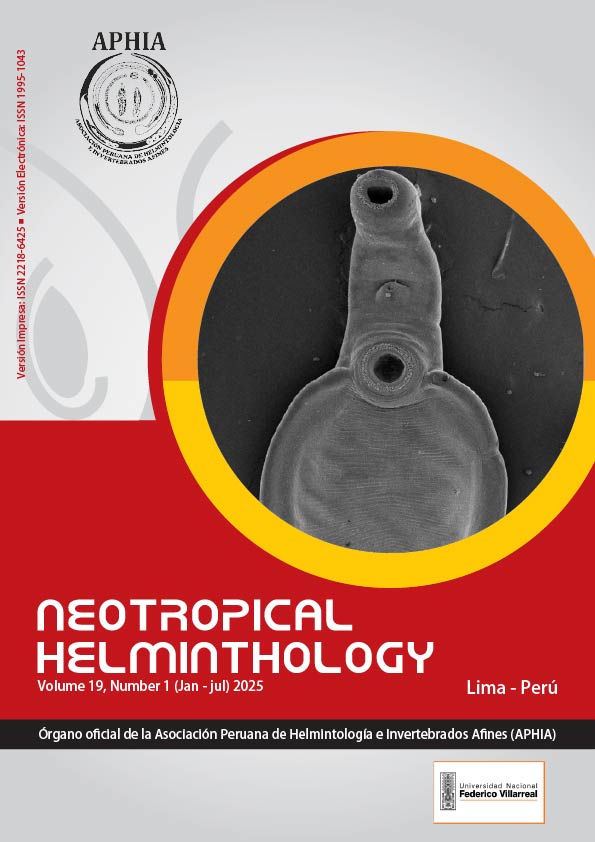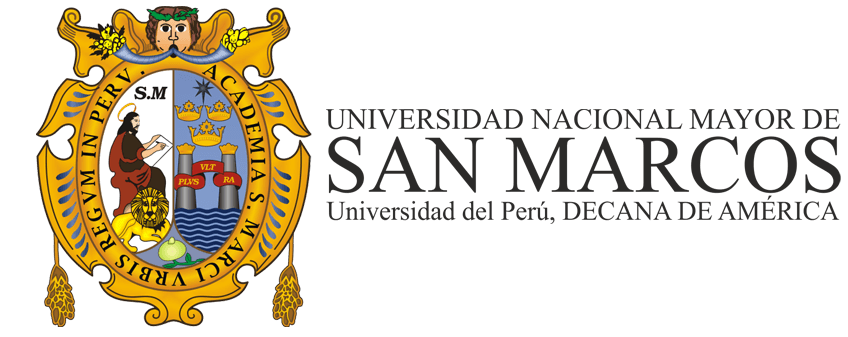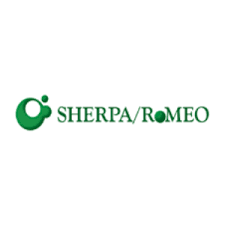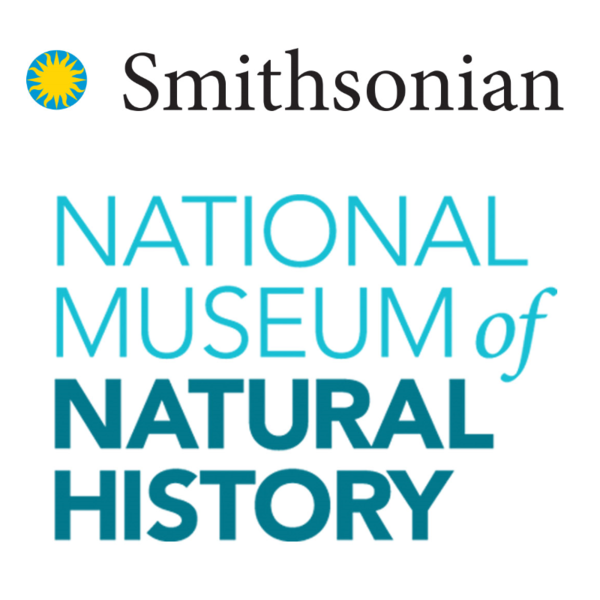Diagnóstico parasitológico de Didelphis albiventris Lund, 1841 y Lutreolina crassicaudata Desmarest, 1804 (Marsupialia:Didelphidae) de vida libre en Rio Grande do Sul, Brasil
DOI:
https://doi.org/10.62429/rnh20251921955Palavras-chave:
Gambás, Fezes, Marsupiais, Parasitos, ZoonosesResumo
O objetivo deste trabalho é avaliar a frequência de parasitos gastrointestinais de marsupiais de vida livre recebidos no Hospital de Clínicas Veterinárias da Universidade Federal do Rio Grande do Sul, região sul do Brasil. Amostras fecais de nove gambás-de-orelha-branca (Didelphis albiventris Lund, 1841) e três cuícas-da-cauda-grossa (Lutreolina crassicaudata Desmarest, 1804) foram processadas pelos métodos de Willis e de Lutz. Ambas espécies de marsupiais apresentaram ovos de nematódeos e/ou oocistos de protozoários nas fezes. Nos gambás de-orelha-branca foram identificados ovos de Ancylostoma spp. Ercolani, 1859 e Capillaria spp. Zeder, 1800 (4/8 - 50%), Ancylostoma spp. e Cruzia tentaculata (Rudolphi, 1819) Travassos, 1917 (2/8 - 25%), C. tentaculata (2/8 - 25%) e oocistos de Eimeria spp. Schneider, 1875 (1/8 - 12,5%). O único filhote apresentou ovos de Ancylostoma spp., Trichuris spp. Roederer, 1761 eRhopalia coronatus Stiles e Hassall, 1898. As três cuícas apresentaram ovos de Ancylostoma spp. (3/3 - 100%) e duas apresentaram também oocistos de Eimeria spp. (2/3 - 66,7%). Todos os animais foram desverminados e exames parasitológicos foram repetidos até a negativação. O diagnóstico parasitológico é protocolar na internação para que a resposta ao tratamento da patologia de base ocorra sem interferência de doenças parasitárias.
Downloads
Publicado
Como Citar
Edição
Seção
Licença

Este trabalho está licenciado sob uma licença Creative Commons Attribution-NonCommercial-NoDerivatives 4.0 International License.
OBJETO: El AUTOR-CEDENTE transfiere de manera TOTAL Y SIN LIMITACIÓN alguna al CESIONARIO los derechos patrimoniales que le corresponden sobre la (s) obra(s) tituladas: xxxxxxxxxxxxxxxx, por el tiempo que establezca la ley internacional. En virtud de lo anterior, se entiende que el CESIONARIO adquiere el derecho de reproducción en todas sus modalidades, incluso para inclusión audiovisual; el derecho de transformación o adaptación, comunicación pública, traducción, distribución y, en general, cualquier tipo de explotación que de las obras se pueda realizar por cualquier medio conocido o por conocer en el territorio nacional o internacional.
REMUNERACIÓN: La cesión de los derechos patrimoniales de autor que mediante este contrato se hace será a título gratuito.
CONDICIONES Y LEGITIMIDAD DE LOS DERECHOS: El AUTOR-CEDENTE garantiza que es propietario integral de los derechos de explotación de la(s) obra(s) y en consecuencia garantiza que puede contratar y transferir los derechos aquí cedidos sin ningún tipo de limitación por no tener ningún tipo de gravamen, limitación o disposición. En todo caso, responderá por cualquier reclamo que en materia de derecho de autor se pueda presentar, exonerando de cualquier responsabilidad al CESIONARIO.
LICENCIA DE ACCESO ABIERTO: El AUTOR-CEDENTE autoriza que manuscrito publicado en La Revista Neotropical Helminthology permanece disponible para su consulta pública en el sitio web https://www.neotropicalhelminthology.com/ y en los diferentes sistemas de indexación y bases de datos en las que la revista tiene visibilidad, bajo la licencia Creative Commons, en la modalidad Reconocimiento-No comercial- Sin Trabajos derivados –aprobada en Perú, y por lo tanto son de acceso abierto. De ahí que los autores dan, sin derecho a retribución económica, a la Asociación Peruana de Helmintología e Invertebrados Afines (APHIA), los derechos de autor para la edición y reproducción a través de diferentes medios de difusión.

















































